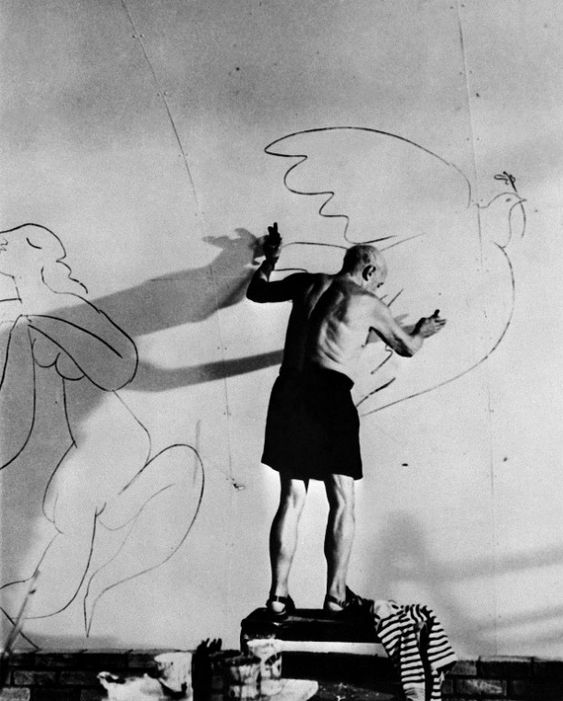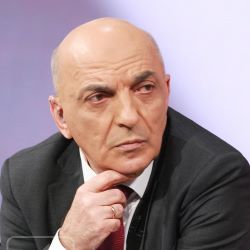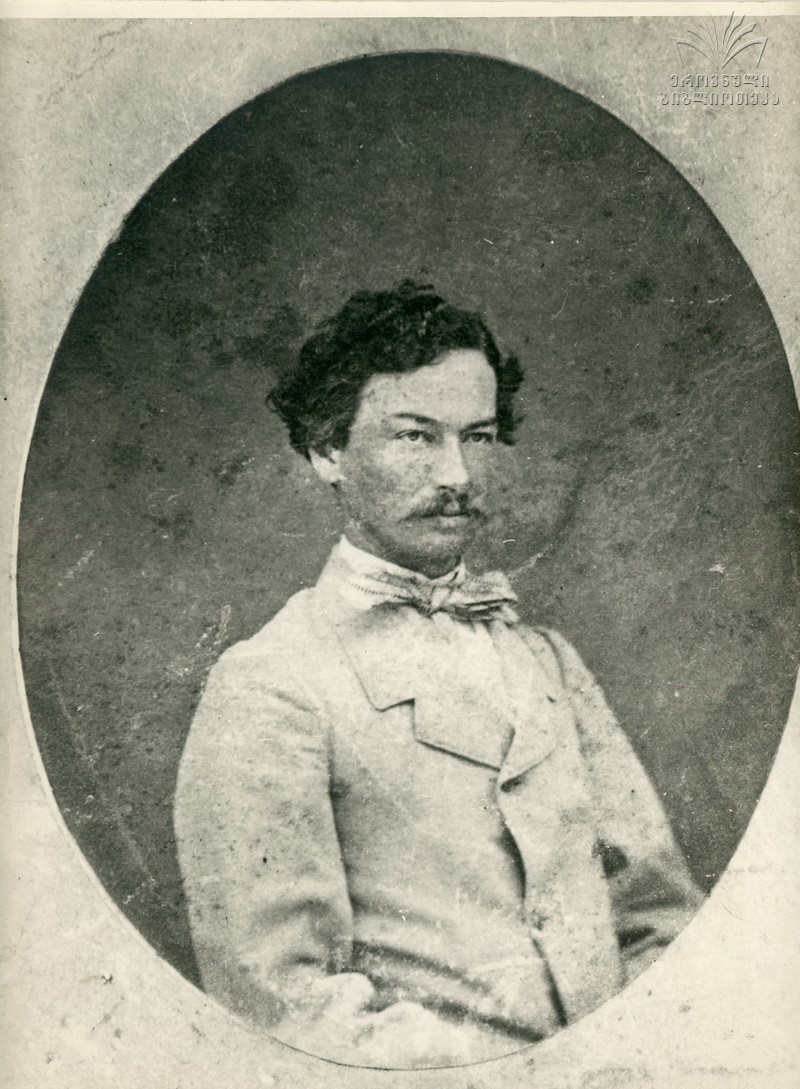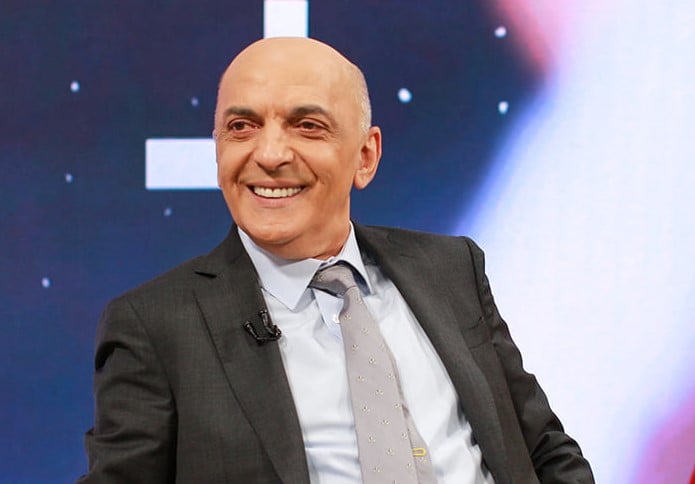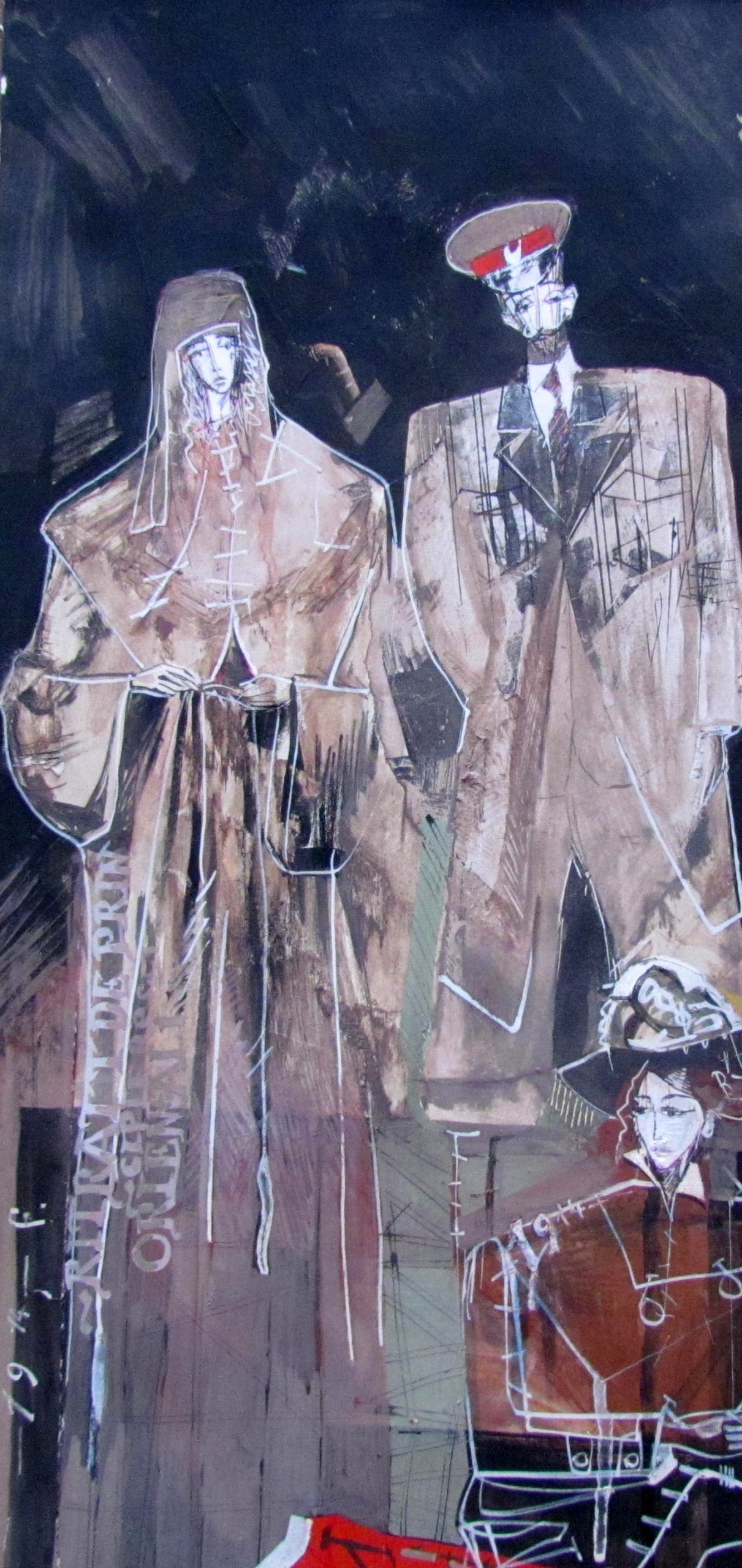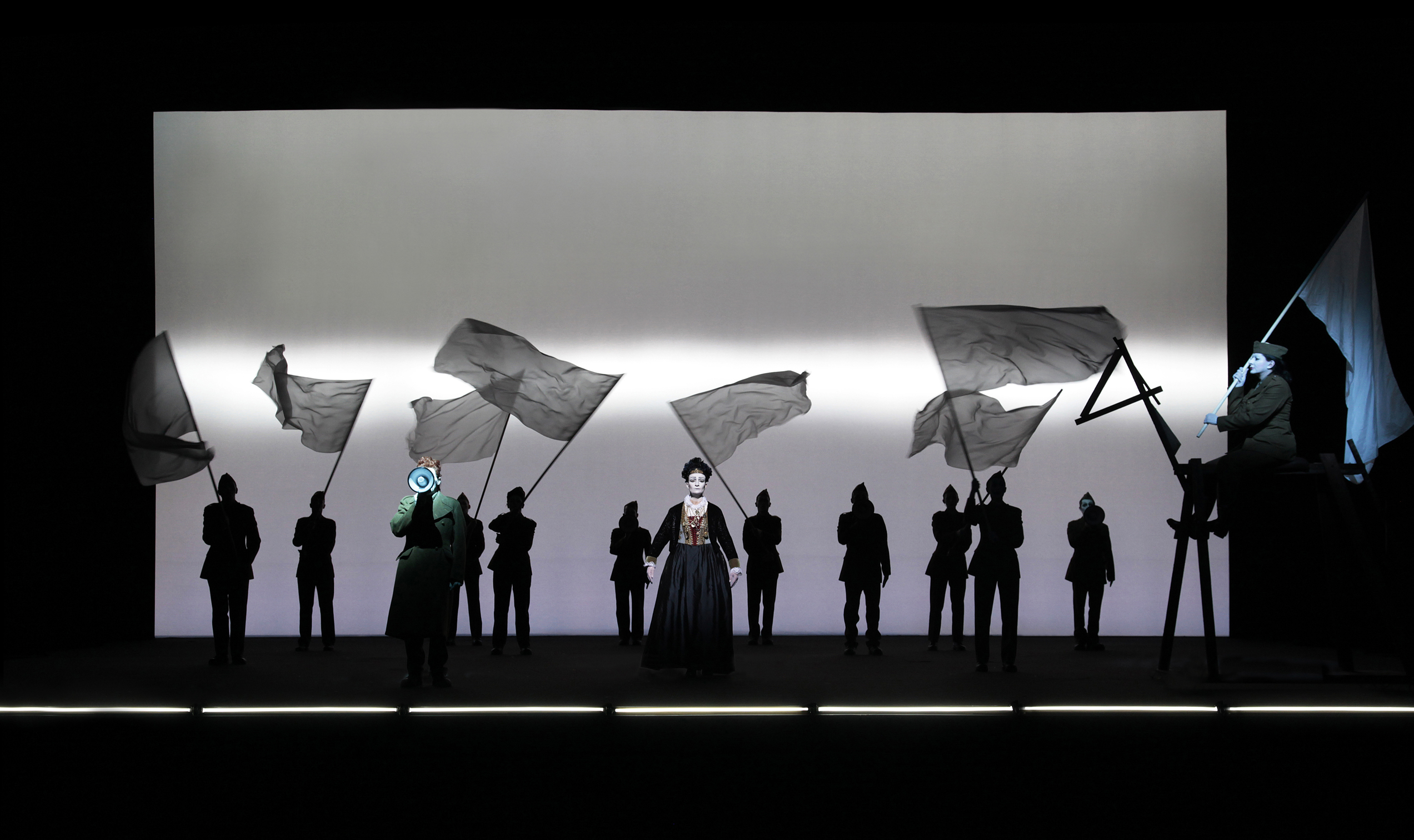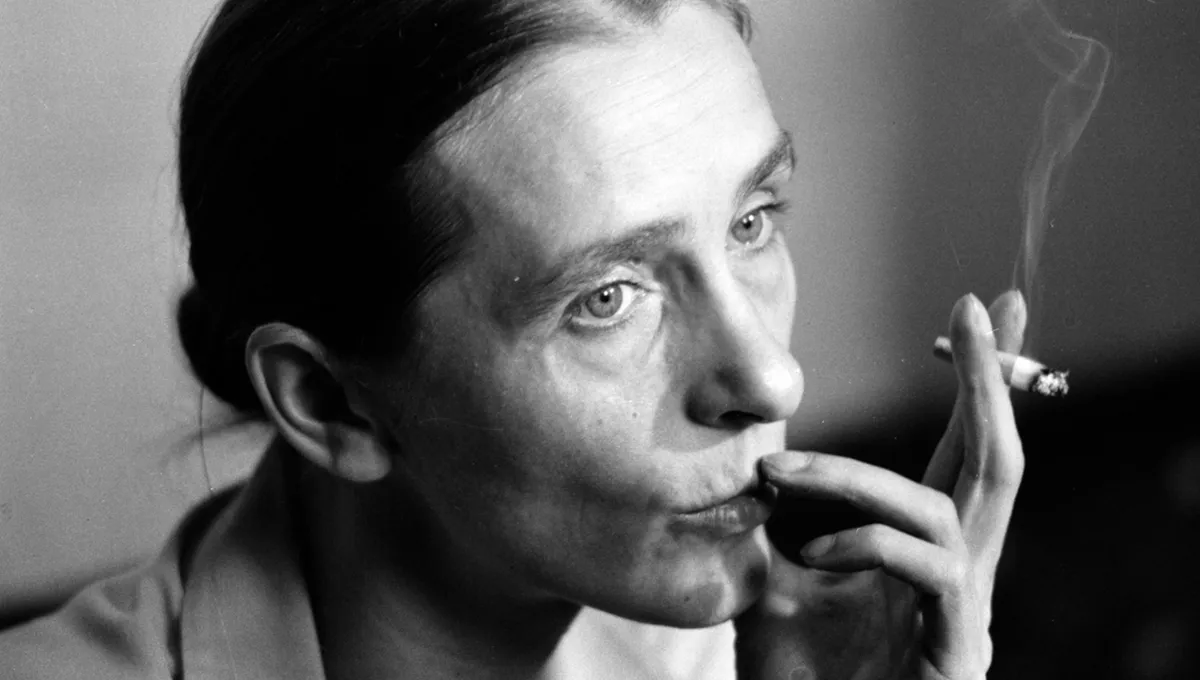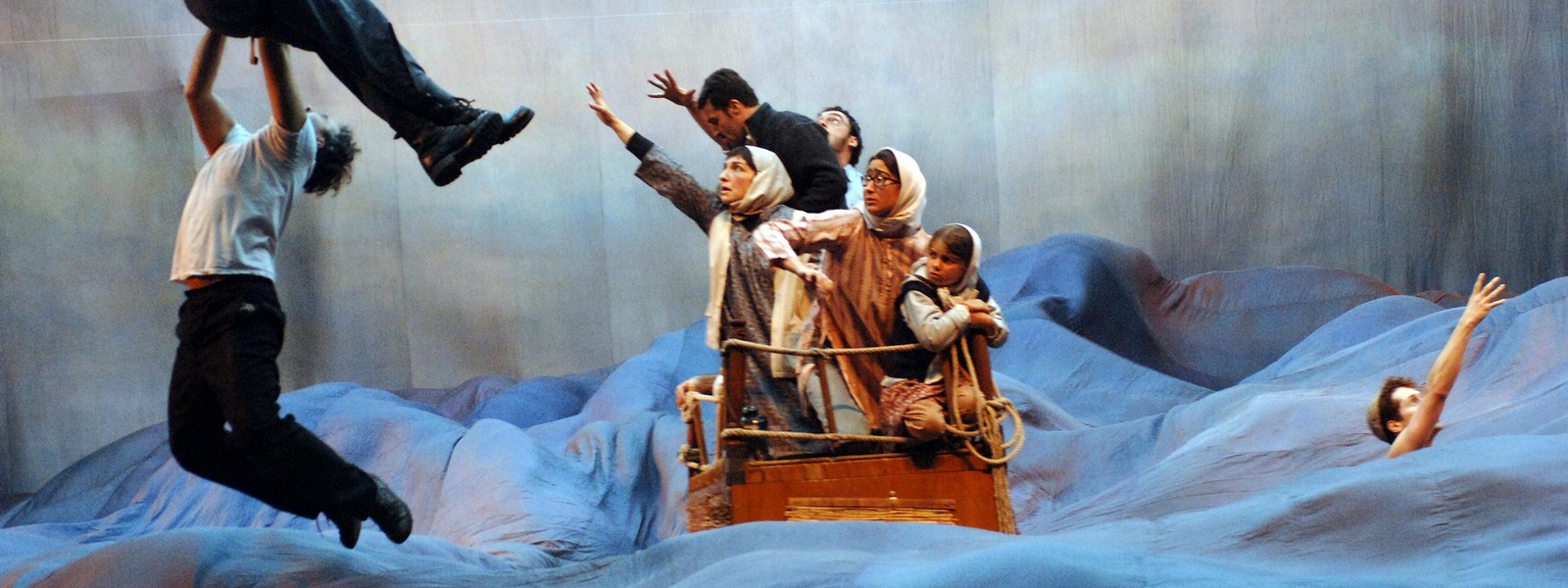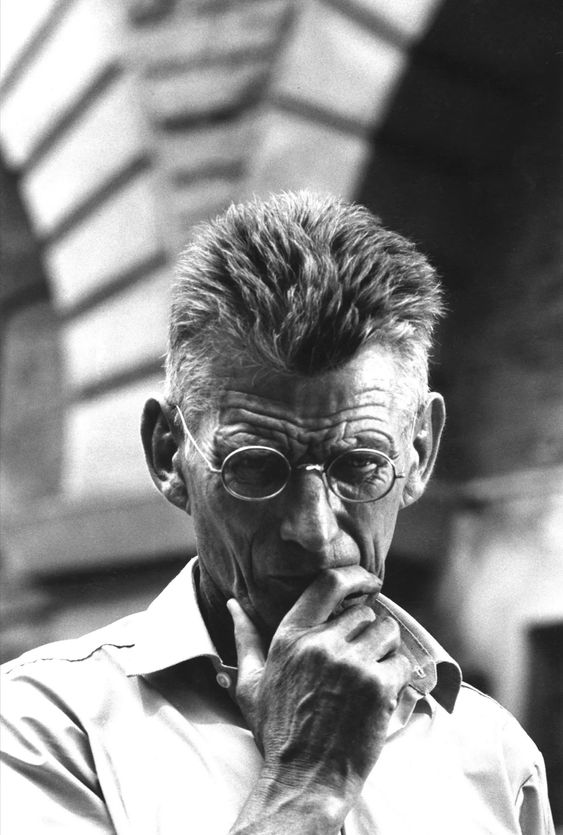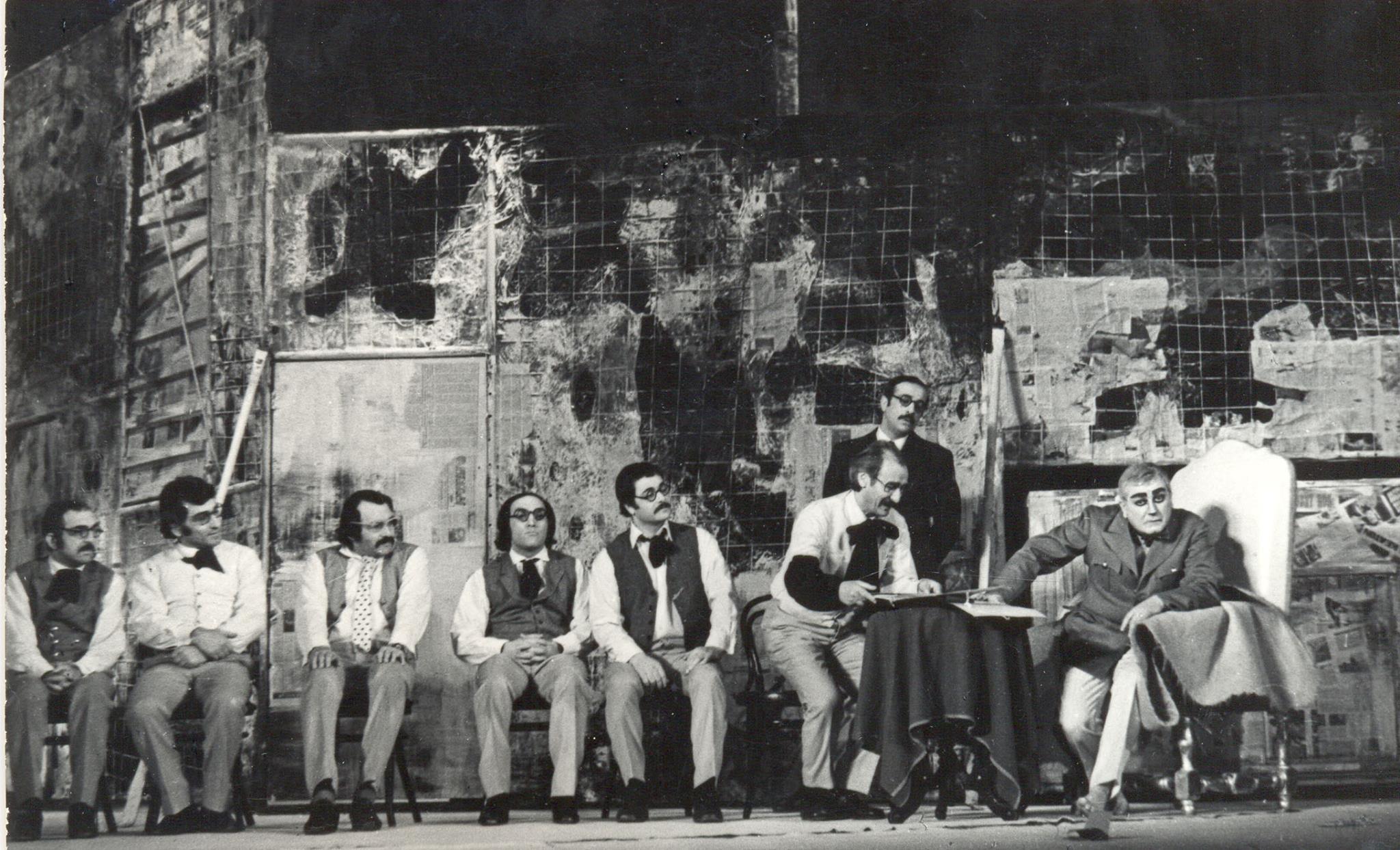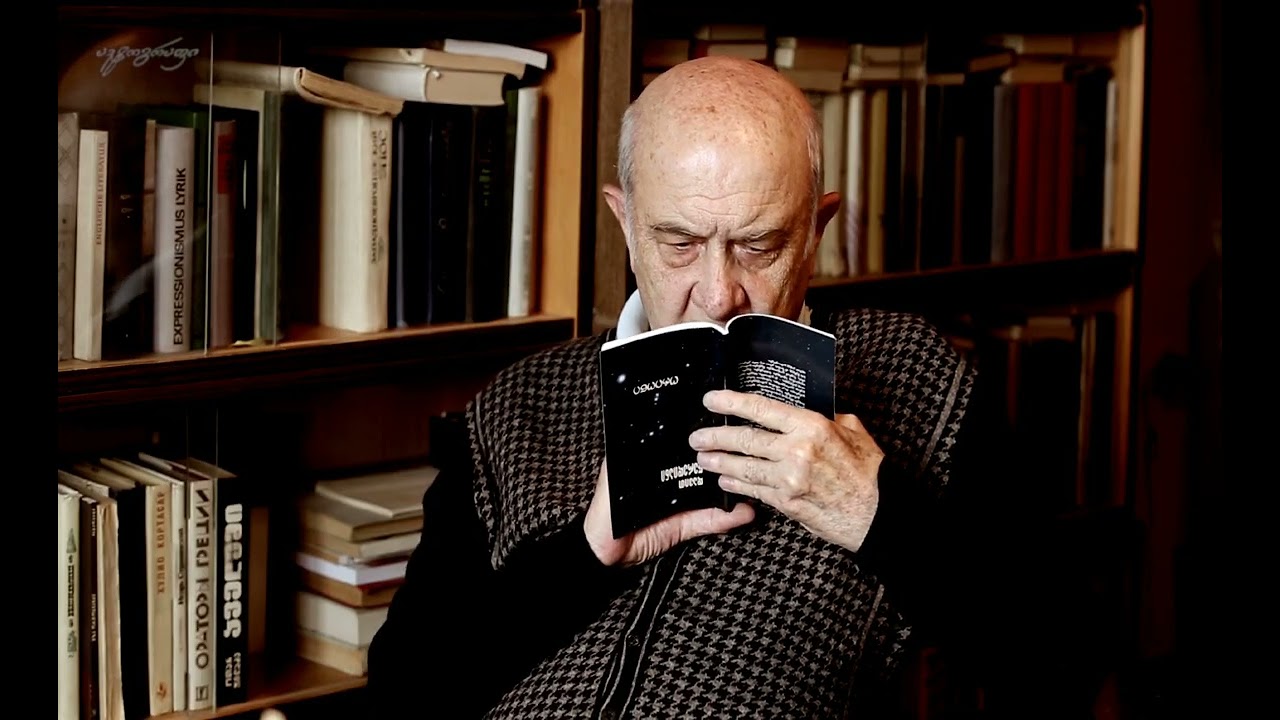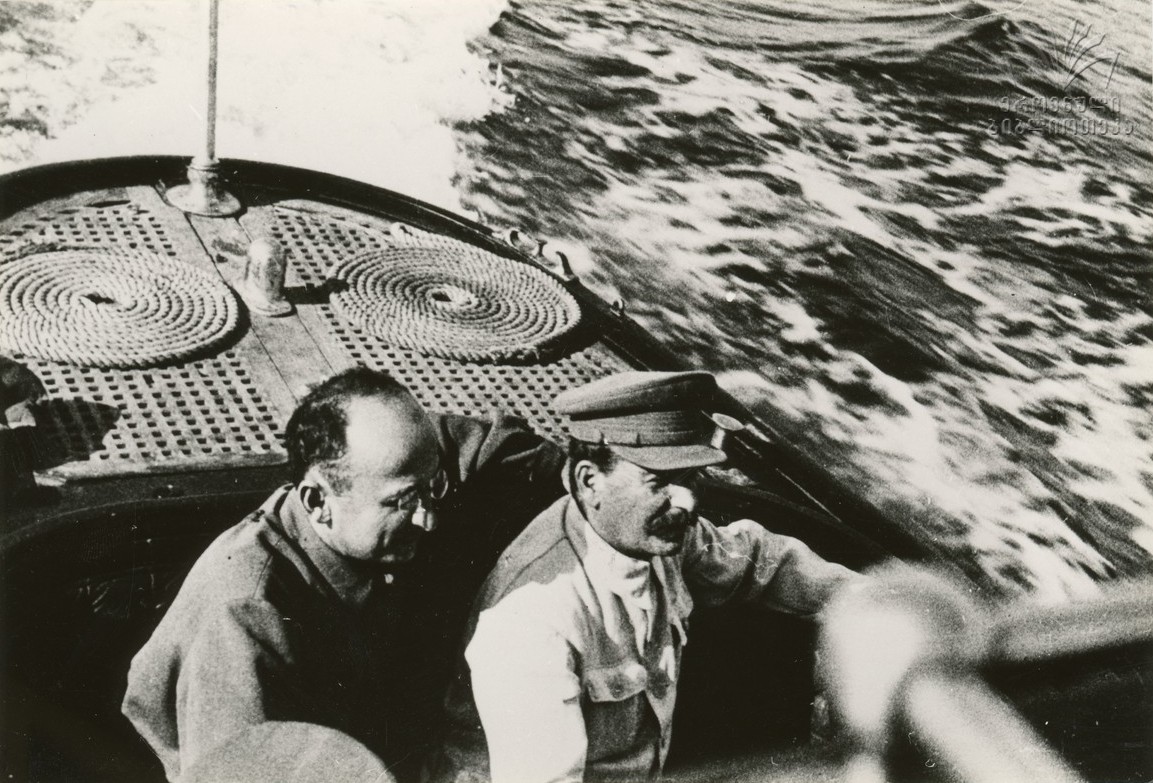ფარაჯანოვის ფილმში – „სურამის ციხე“ ინტერლუდიებივით თამაშდება ომის სცენები.
ასეთ ხაზგასმულად დადგმულ „ომებს“ სერიოზულად არავინ აღიქვამს.
ესაა ომის პაროდია;
ომის ტრავესტია;
ომის ბუფონადა;
ომის გაარარავება…
და ეს არარა მუდამ ინახება სამყაროში;
ინახება, როგორც ამ სამყაროს შესაძლებლობა;
როგორც შესაქმისეული თავისუფლება…
შემოქმედი სამყაროს არარასგან ქმნისო – წერდა სერგეი ბულგაკოვი მეორე მსოფლიო ომის დასაწყისამდე, 1940 წელს, თავის ესსეში „Размышления о войне“.
ადამიანები მსხვერპლად ეწირებიან ომს და ასე პოულობენ, ასე აღმოაჩენენ საკუთარ თავს ისტორიაში; და-მკვიდრებაში…
და ასე უერთდებიან ქრისტეს, როგორც ისტორიული ყოფიერების უზენაესი მსხვერპლის მომასწავებელს.
ომში ადამიანებს ღვთის რისხვა ჩაითრევს;
ადამიანები მსოფლიო ომებში აპოკალიპსის რეპეტიციას გადიან…
ესაა აპოკალიპსის „დილის სპექტაკლი“!
პირველი მსოფლიო ომის ლეგიტიმაციას მიმართავს სხვა რუსი ფილოსოფოსიც – ევგენი ტრუბეცკოი.
ომია ზეადამიანის მშობელიო…
ომის დროს ყველანი გაორმაგებული ძალით ცხოვრობენ – პიროვნებებიც, სოციალური ჯგუფებიცა და მთელი ხალხებიცო…
რუსულმა ფილოსოფიამ ვლადიმერ სოლოვიოვისაგან იმემკვიდრევა ომის შეფასების ფსევდოამბივალენტობა.
სემიონ ფრანკიც, თითქოსდა, უარყოფდა ომს, ვიდრე ამართლებდა.
ამგვარი სააზროვნო ტაქტიკა ილინსაც ახასიათებდა.
ომში მკვლელობა ნუმინოზურის ცრუ ბაძვააო…
მაგრამ საკუთრივ აქ, ომში ძალუძს ადამიანს, გააცნობიეროს თავისი მარადიული ცოდვა (თუ ცოდვილობა) და ომში თავისი მონაწილეობა ემპრიული აქტიდან ფილოსოფიურ მოქმედებამდე აამაღლოს.
ამ გაგებით, სწორედ ომში ხდება ადამიანი ფილოსოფოსი.
ომში ხდება ადამიანი არტისტი.
ომში ხდება ადამიანი მოთამაშე;
დიდი მოთამაშეც…
ომი, დიახაც, დიდი თამაშია.
გრანდიოზული სპექტაკულირებული პერფორმანსი!
მარტინ ვან კრეფელდი ასე ახასიათებს ომს: „War is Short, is grand Theater“.
სხვათა შორის, მისი წიგნის სათაურიც – „The Transformation of War“ ომისა და მშვიდობის შესახებ პრუდონის ტრაქტატის უკანასკნელი თავის ციტირებაა.
და მაინც, თამაში რატომ გადაიზრდება ხოლმე სისხლისღვრაში?
რიტორიკული კითხვაა!
ერთი წუთით დავუშვათ, რომ ომი თეატრია.
მაგრამ, თეატრი ხომ ომი არაა?!
მილიტარიზმის თეორიები, სინეკდოქეს თეორიათა ხარისხში აყვანილნი, ომს pars-ის სტატუსს ანიჭებენ; ნაწილისას, რაღაც მთელს რომ უნივთდება…
totum-ს, თავის წილ პოლიტიკას, ბიოლოგიურ რევოლუციას ანდა კულტურა-თამაშს რომ მოასწავებს.
ასე უცხოვდება ომი საკუთარი თავისაგან.
უცხოვდება და ადამიანის სამყაროსეული ღვაწების უნივერსალური კრეაციის ერთ-ერთ მომენტად გადაიქცევა.
ასე გარდაისახება homo Ludens – მოთამაშე ადამიანი Homo militaris-ად – მეომარ ადამიანად.
და ესეც ომია, ესეც თამაშია – აგონური თამაში „ყველასი ყველას წინააღმდეგ“ (ჰობსი).
წეღან პრუდონი ვახსენე და ომი, მისი წარმოდგენით, იმითაა გამოწვეული, რომ ადამიანი უმხედრდება ბუნებას.
ფროიდიც ვარაუდობდა, რომ საომარი კონფლიქტები ადამიანის დასაბამიერ ბიოაგრესიულობასა და კულტურას შორის თამაშდება.
ეს ის კულტურაა, ამ bio-ს რეპრესიას რომ მიმართავს და შედეგად ომს მოიმკის.
ასეა, ომს „ცხოველი“ აწარმოებს მუდამ.
ომს – homo-ს წინააღმდეგ…
მხოლოდ „მსოფლიო მთავრობას“ ძალუძს შექმნას „მარადიული სამყარო“ – ამას 1795 წელს წერდა კანტი.
ეს მარადიული სამყარო კი ომის შემდგომი მდგომარეობაა, post bellum იმყოფება.
და ხელოვნებაც, ამ სანუკვარი მდგომარეობის სიმულაციაა.
მშვენიერი ინვენციაა, გა-მოგონებაა ომსა და მშვიდობაზე…
P.S. მსოფლიოში ერთ-ერთ ყველაზე ცნობილ იარაღს Peace Maker დაარქვეს – მშვიდობისმყოფელი! დღეს ისევ „მშვიდობისმყოფელთა“ დრო მოვიდა…
David Andriadze
Post Bellum
In Sergei Parajanov’s “the Legend of the Suram Fortress” the battle scenes are played as interludes.
Nobody takes seriously such overtly staged “wars”.
This is the parody of war;
The travesty of war;
The buffoonery of war;
The nothingness of war…
And this nothingness is always preserved in world;
Preserved as the capability of this very world;
As the freedom of creation…
God created the world out of nothing – wrote Sergei Bulgakov in his essay “Размышления о войне” (Reflections on War), before the World War II, in 1940.
Humans sacrifice themselves to war, thus founding their own names in history; in establishment…
And in this way, they join Christ, as the augury of the supreme sacrifice of the historical existence.
God’s wrath embroils people in war;
By the world wars, people rehearse the apocalypse…
This is the morning performance of the apocalypse!
Another Russian philosopher, Eugene Trubetskoy, referring to the legitimization of the First World War.
He said, the war is a parent of a superhuman…
He said, everybody – the individuals, social groups and the whole nations – lives with doubled powers during a war…
The Russian philosophy inherited the pseudo-ambivalence of the war assessment from Vladimir Solovyov.
Semyon Frank tended to neglect the war, rather than justifying.
Such thinking tactics characterized Ilyin also.
He said, killing at war is a false imitation of numinosity…
However, it is here, at war, where one can acknowledge the eternal sin (or sinfulness); and elevate his participation in battle from the empirical act to the philosophic action.
In this sense, it’s at war, when the man turns into a philosopher.
It’s at war, when the man turns into an artist.
It’s at war, when the man becomes a player;
Even a big player…
That’s right, the war is a big game.
Grandiose spectacular performance!
Describing the war, Martin Van Creveld says: “War, in Short, is a grand theater”.
In fact, the title of his book also – “The Transformation of War” – is quoting the last chapter of Proudhon’s treaty on war and peace.
And still, why does the game turns into a bloodshed?
It’s a rhetoric question!
Let’s assume for a minute that war is a theater.
Although, theater is not a war!
The military theories, elevated to the degree of synecdoche theories, grant the war the status of pars; of the part representing something whole…
Foreboding the totum, it’s share of politics, biological revolution or culture-play.
This way, the war becomes estranged from itself.
Estranged, it becomes one of the moments of universal creation of the human’s worldly merits.
Thus, Homo Ludens – the playing man, turns into the Homo Militaris – the warrior man.
And this too is a war, this too is a play – an agonizing play “of all against all” (Hobbes).
I mentioned Proudhen earlier and in his terms, the war is caused by the human rising against nature.
Freud too, considered that the war conflicts are played between human’s initial bioagression and culture.
This is the culture that always attempts to repress that “bio” and consequently resulting in war.
That’s the way, the war is produced by an “animal”;
The war against homo…
Only “world government” has the ability to create an “eternal world” – wrote Kant in 1795.
As about this eternal world, it is the post-war condition, existing in post bellum.
And art too is the simulation of this divine condition.
Beautiful invention about war and peace…
P.S. One of the most popular weapons in the world is named as Peace Maker!
Art is such weapon too!
Georgian included…

